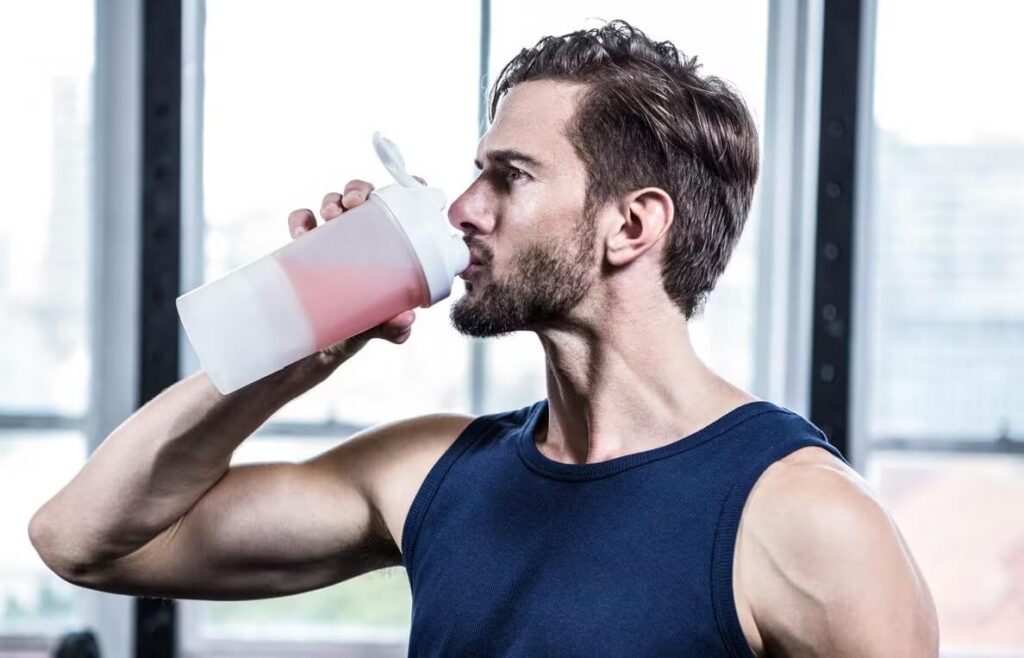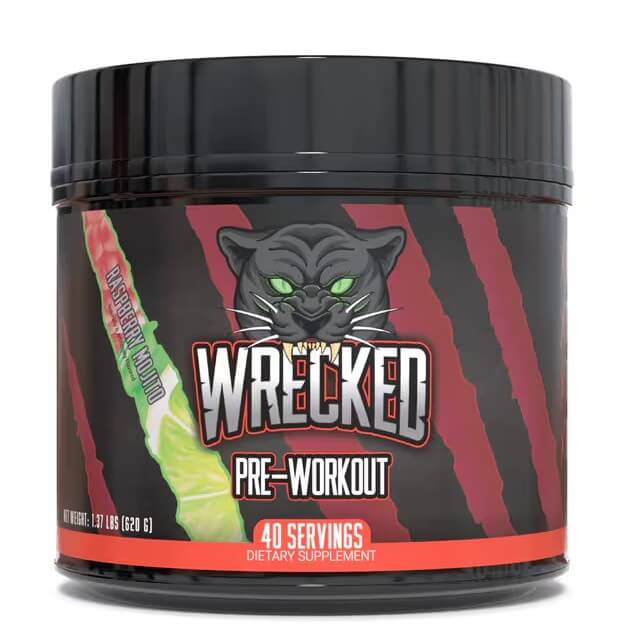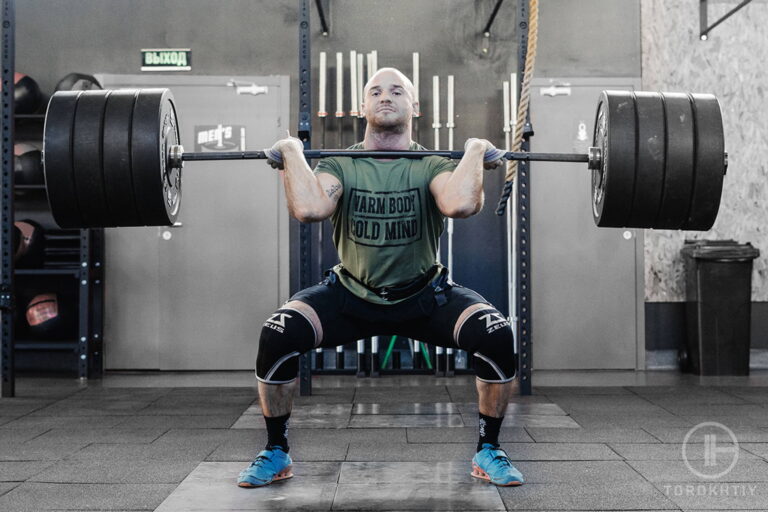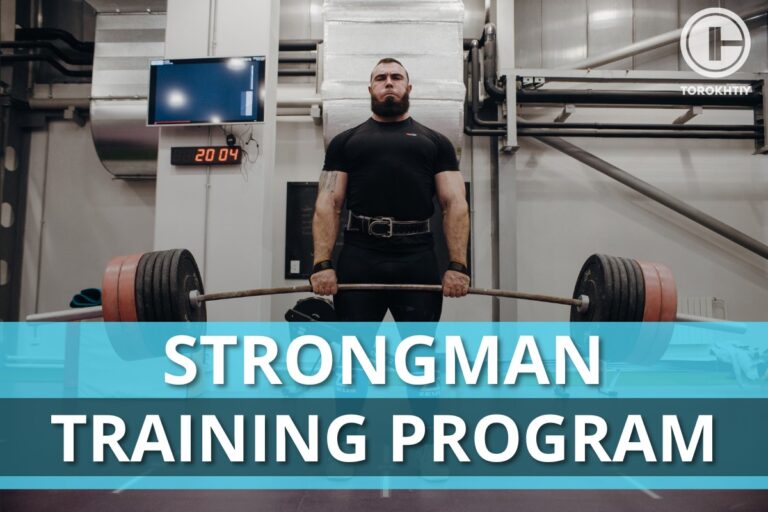How Long Does Pre-Workout Take To Kick In?
“How Long Does Pre workout take to kick in?” is an important topic to discuss since it has an impact on how effective and enjoyable a workout is. Have you ever felt disappointed or frustrated due to your inability to schedule workout sessions properly or have you felt you are not getting the most out of pre-workout supplements?
Read further as this article will provide valuable insight into how long does pre workout take to work.
It takes 20-60 minutes for a pre workout to give full effect. However, how long does pre workout take to kick in for a given individual depends on the composition of the ingredients, genetic differences in the metabolism, and the proximity of taking the pre workout to the last meal.

How Long Does Pre Workout Take To Kick in?
The onset of the effects of pre-workout can vary among individuals, as it depends on a multitude of factors. The main factors are the specific ingredients that the pre-workout contains, genetics, and whether or not you take the pre-workout in close proximity to your pre-workout meal.
On average, the majority of people begin to feel the effects anywhere from 20 to 60 minutes after ingestion. Why is the time range so wide? This is explained by the content of ingredients that have an immediate effect, that is, they begin to give an effect quickly after taking it. These ingredients include caffeine, citrulline and betaine.
The key ingredient with an immediate effect is caffeine, which primarily determines how fast does pre workout kick in. Despite the fact that the peak blood concentration of caffeine typically occurs around 60 minutes after its intake (although the general range of reaching the peak is from 15 minutes to 2 hours), the effects start soon after taking it.
Therefore, you do not have to wait 60 minutes after taking caffeine. It absorbs quickly and just as quickly begins to give its effects, which can be felt in some people already 10 minutes after taking it (although there is considerable individual variation).

On the other hand, typically the upper recommended range is 60 minutes. This is due to the fact that peak concentration of citrulline occurs at approximately 60 minutes after ingestion, and to obtain the full effects of betaine, it should be taken 40-60 minutes before training.
So to take advantage of all the ingredients with immediate effects (caffeine, citrulline and betaine), the range of taking pre workout is 20-60 minutes before training.
In this case, we can use the effect of caffeine from the very beginning of the training (although it is individual), and the effects of betaine and citrulline will unfold either at the very beginning of the training or later – in the process of workout. You can take 40 minutes as the average standard.
In addition to genetic differences in caffeine metabolism, eating in close proximity to pre workout intake also plays a role. If caffeine or caffeine-containing pre-workout is taken soon after a meal, its absorption is slowed. In any case, the pre-workout recommendations on product labels is a general guideline.
You may need to experiment with the timing to know when the pre workout kicks in your particular case.

What Effects of Caffeine Can We Expect?
The amount of caffeine in pre-workout supplements can vary greatly depending on the specific formula. Most often, you can find dosages in the range of 100-300 mg in one serving, although there are also products without caffeine, as well as pre workouts with a dose of 350-400 mg, and even more.
In low to moderate doses (from 32 mg to 300 mg, or ∼0.5-4 mg per kg of body weight), caffeine improves cognitive functions, such as attention, reaction speed, alertness and overall mood.
When the dosage exceeds 200 mg, caffeine improves various indicators of physical performance, including time-to-exhaustion, muscle strength, endurance and also reduces fatigue.
It is better to start with a lower dose, assess tolerance and physical performance, and then increase the dose gradually. The minimum effective dose of caffeine can be 1.5 mg per 1 kg of body weight, or approximately 100 mg.
High and very high doses of caffeine (above 400-450 mg, or ∼5.5-6 mg / kg of body weight and above) are more likely to cause anxiety and severe gastrointestinal symptoms, and may even impair physical performance.
There is a lot of individual variability, so everyone should experiment to select the optimal dose and timing of taking a pre-workout that contains caffeine.

What May Affect When Does Pre Workout Kick in?
Several factors may affect the time it takes for a pre-workout supplement to “kick in.” The most significant factors (excluding pregnancy, the presence of diseases, taking medications etc.) are:
- Individual differences: The time it takes for a pre-workout supplement to “kick in” can vary from one person to another.
- Food consumption: Consuming food before taking a pre-workout supplement can slow down absorption of caffeine and delay the onset of its effects.
1. Individual Caffeine Metabolism
Genetic differences affect the way we absorb, metabolize, and utilize caffeine. As noted earlier, there is considerable individual variation, and some people may feel the effects of caffeine as early as 10 minutes after taking it, while others may feel the effects later.
It’s important to consider how long to wait after taking pre workout before exercising in your particular scenario. You can assess your changes in athletic performance and how you feel during your training sessions. Adjust your pre workout timing in 10-minute increments until you find the time that works best for you.

2. Taking Pre Workout On Empty Stomach
By consuming your pre-workout supplement on an empty stomach, you are providing your body with the opportunity for a quicker absorption and feeling its effects. On the other hand, peak blood levels of caffeine may be delayed if caffeine is taken after a meal.
The safety of taking pre workout on an empty stomach depends on your individual tolerance and health status. Some people may experience stomach discomfort, nausea, and cramping if they take pre-workout supplements on an empty stomach, especially those who have a sensitive digestive system.
It is important to consider all the pros and cons before taking pre-workout on an empty stomach. After all, on the one hand, this supplement gives a boost of energy. On the other hand, a strong stimulating effect can even be harmful in conditions where we have not eaten anything before training.

Additionally, taking pre workout on an empty stomach creates conditions for a more pronounced decrease in blood sugar, which can cause fatigue, dizziness, headaches, nausea and other symptoms.
If you have a sensitive stomach or feel dizziness and other uncomfortable symptoms when taking a pre workout on empty stomach, have an easily digestible snack and then take your pre workout. In any case, before taking a pre workout on an empty stomach, it is better to consult a doctor.
Pre Workout We Recommend
As a balanced pre-workout with key ingredients in the needed dosages, we recommend Wrecked Pre-Workout from HUGE Supplements. This product aims to boost energy, focus, and endurance during intense training sessions.
The caffeine dosage of 1 serving (1 scoop) is suitable for beginners. Another active ingredient in Wrecked Pre-Workout is beta-alanine, which helps to increase muscular endurance and reduce fatigue during high-intensity exercises.
Beta-alanine works by buffering the build-up of lactic acid in the muscles, allowing to increase numbers of repetitions in mid-to-high repetition mode.

Pay attention to the dosage of L-citrulline and betaine in one serving (1 scoop), as these are the dosages that have shown effectiveness in trials. You can expect an increased pumping from this product.
Overall, with its carefully formulated blend of active ingredients, Wrecked Pre-Workout is a great choice for individuals looking to boost their performance levels and achieve their fitness goals.
For more experienced athletes and people with a good caffeine metabolism, a double dose (indicated as 2 scoops) may be better suitable, although it is better to switch from 1 scoop to 1.5 scoop and only then to 2 scoops.
FAQ
Do You Feel Pre-workout Right Away?
We can feel the effects anywhere from 20 to 60 minutes after ingestion. Experiment with the timing until you find the protocol that gives you the best results and makes you feel good.
Can Pre-workout Kick in 10 Minutes?
Yes, some people can start feeling the effects already 10 minutes after taking caffeine-containing supplements. However, there is considerable variability between different people.
Is It Okay to Run with My Phone in Hand?
If you’re using a hand strap, yes, it’s okay. Otherwise, your phone will eventually become an inconvenience as you run, and your sweat might put your phone at risk too. So if you must hold it in your hand, use a hand strap.
Conclusion
The key effects of pre-workouts belong to caffeine, so with this in mind, we begin to feel the effects in the range of 20 minutes to 60 minutes after taking it.
Other ingredients with an immediate effect (citrulline and betaine) start working later – after 40-60 minutes. How long it takes for you to feel the effects is mainly influenced by individual caffeine metabolism and taking the pre-workout after a meal.
Now you know how long to wait after taking pre workout. Don’t forget to share this article with other fitness enthusiasts as they also deserve to discover How to know when pre workout kicks in. Please share your experience with a pre-workout supplement in the comments below.
Also read:
- What to Look For in a Pre Workout
- Best Functional Fitness Pre Workout
- Best Pre Workout for Focus
- Best Protein Powder for Senior
- Best Pre Workouts Without Beta Alanine
- Is It Bad to Drink Pre Workout Without Working Out
- How Much Caffeine in Pre Workout
- Why Does Pre Workout Make You Itch
- Best Nitric Oxide Supplements
References:
- Pharmacology of Caffeine // National Library of Medicine: https://www.ncbi.nlm.nih.gov/books/NBK223808/
- Caffeine // Ais Sports Supplement Framework: https://www.ais.gov.au/__data/assets/pdf_file/0004/1000498/36194_Sport-supplement-fact-sheets-Caffeine-v6.pdf
- Early effects of caffeinated and decaffeinated coffee on subjective state and gender differences // Elsevier: https://www.sciencedirect.com/science/article/abs/pii/S0278584608002030
- A Critical Review of Citrulline Malate Supplementation and Exercise Performance // Springer Link: https://link.springer.com/article/10.1007/s00421-021-04774-6
- Effects of Betaine Supplementation on Muscle Strength and Power: A Systematic Review // The Journal of Strength and Conditioning Research: https://journals.lww.com/nsca-jscr/fulltext/2017/08000/effects_of_betaine_supplementation_on_muscle.35.aspx
- A review of caffeine’s effects on cognitive, physical and occupational performance // Elsevier: https://www.sciencedirect.com/science/article/pii/S0149763416300690#bib0990
- Caffeine Group A // Ais Sports Supplement Framework: https://www.ais.gov.au/__data/assets/pdf_file/0003/1001379/Caffeine-Infographic-final.pdf
- Caffeine // Harvard T.H. Chan: https://www.hsph.harvard.edu/nutritionsource/caffeine/
Why Trust Us?
With over 20 years in Olympic Weightlifting, our team does its best to provide the audience with ultimate support and meet the needs and requirements of advanced athletes and professional lifters, as well as people who strive to open new opportunities and develop their physical capabilities with us.
By trusting the recommendations of our certified experts in coaching, nutrition, dietology, and sports training programming, as well as scientific consultants, and physiotherapists, we provide you with thorough, well-considered, and scientifically proven content. All the information given in the articles concerning workout programming, separate exercises, and athletic performance, in general, is based on verified data. We ensure that you can rely on our professionals’ pieces of advice and recommendations that can be treated as personalized ones which will benefit you and fully meet your needs.
The product testing process is described in more detail here
Author: Oleksandr Maksymenko
Certified Sports Nutritionist,
MSc Sports Dietetics
Specializing in: Weight management, Fitness / Sports nutrition
Oleksandr is a professional fitness nutritionist certified by the Fitness Professional Association (FPA). He follows the principles of evidence-based dietetics and fosters a healthy relationship with food in his clients, ensuring there are no strict prohibitions on their favorite foods or frequent lapses. His primary goal is not only to achieve results for you but also to sustain them over the long term, all while enjoying tasty and delicious food.








